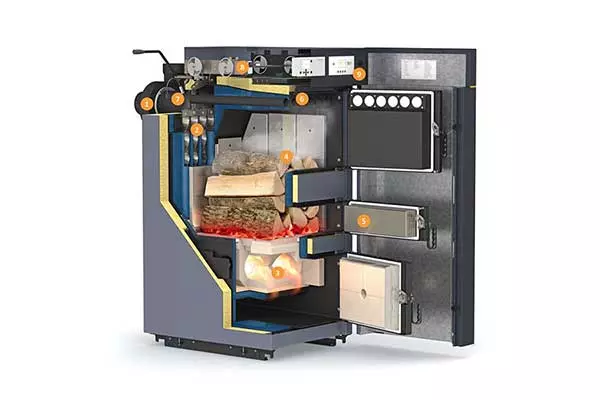
продам найкращі котли газифікації дров - керівництво по купівлі
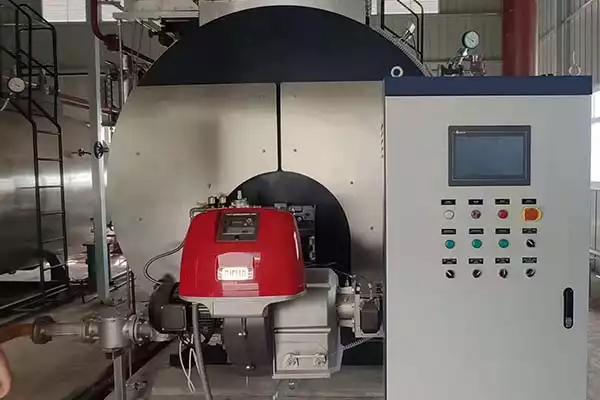
Продам промисловий дизельний паровий котел
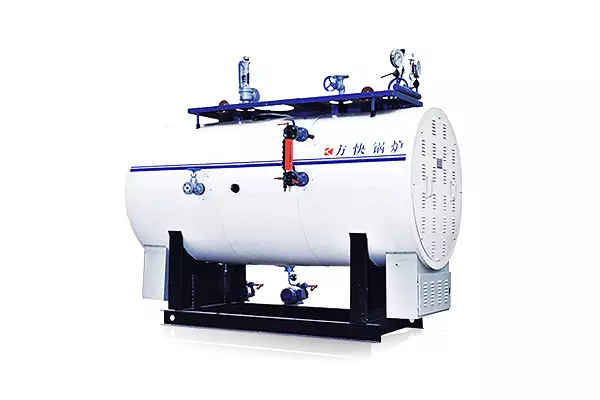
Ефективні та надійні електричні парові котли
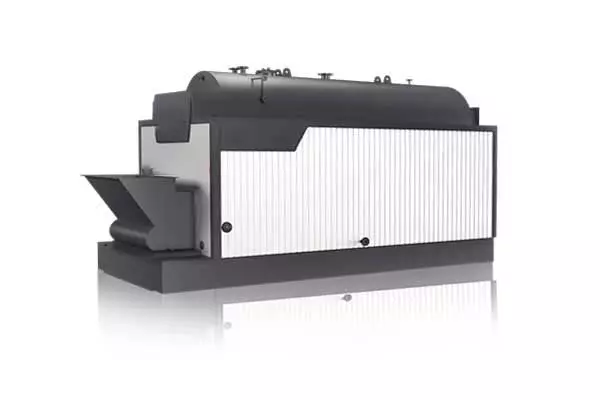
Високоефективні парові котли, що працюють на біомасі
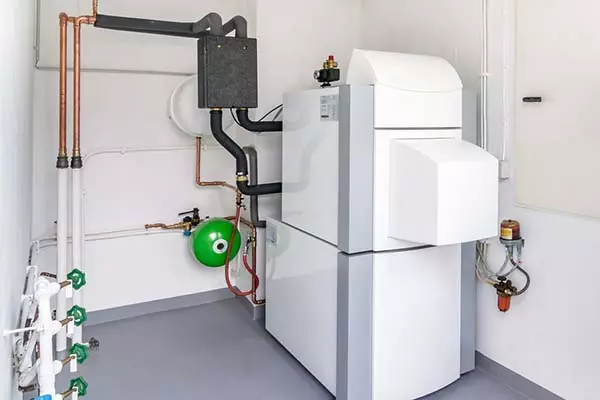
Масляний комбінований котел: Ефективний, Надійний, і економічно ефективним
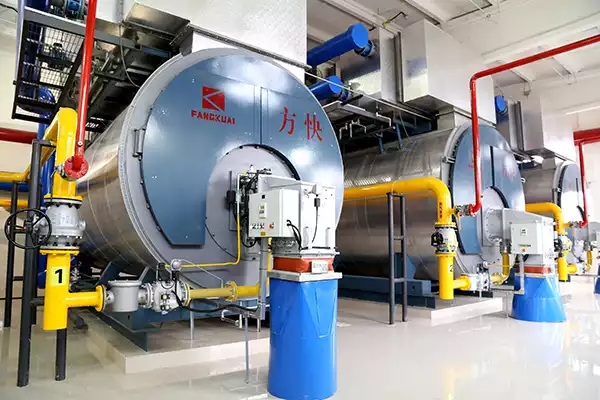
Продам водогрійний котел дизельний
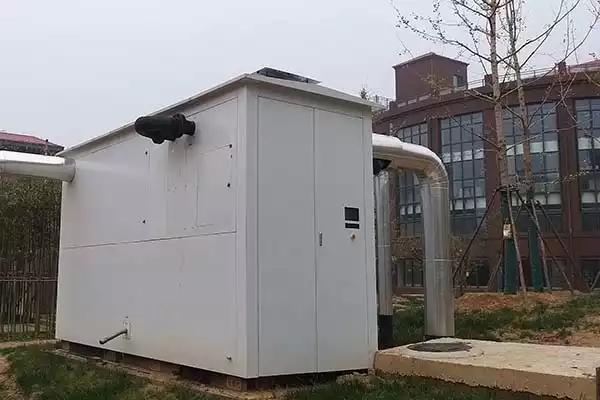
Комерційні масляні котли: особливості, Переваги, і найкращі бренди
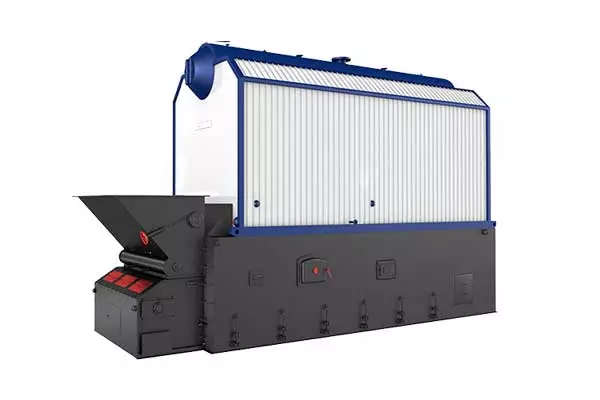
Високоякісні водогрійні котли, що працюють на вугіллі
Zhengzhou Fangkuai Boiler Sales Co., ТОВ. є дочірньою компанією Fangkuai Boiler Company, mainly responsible for the domestic and foreign trade of Fangkuai Boiler.Fangkuai Headquarters Base has a single-building R&D center, повний робочий стан лабораторія і два виробництва рослини, з виробничою площею 120 000 кв. Це провідне підприємство в Китай з можливостями автоматизації обробки котлів, і його продукція експортується в багато країн і регіонів.


Вiew Відгуки нашого Замовника
"Ми роками використовуємо термальний масляний котел Fangkuai для нашого хімічного заводу, і він ніколи не підводив нас. Котел дуже міцний і може витримувати суворі умови. Він також дуже простий в експлуатації та обслуговуванні, що допомогло нам заощадити час і гроші на технічне обслуговування. Термомасляні котли Fangkuai є першокласними, і я настійно рекомендую їх усім, хто потребує надійних рішень для опалення."
Чанг
Китай"Парогенератори Fangkuai чудові. Вони дуже прості у використанні та вимагають мінімального обслуговування. Обслуговування клієнтів у Fangkuai також виняткове. Вони дуже чуйні і завжди готові допомогти. Енергоефективність парогенераторів також чудова, що допомогло мені заощадити гроші на рахунках за електроенергію. Я дуже рекомендую парогенератори Fangkuai."
Марія
Іспанія"Я придбав паровий котел Fangkuai для своєї фабрики, і він працює бездоганно вже кілька місяців. Якість матеріалів і конструкції котла вражають. Це також дуже енергоефективно, що допомогло нам заощадити гроші на наших рахунках за електроенергію. Я настійно рекомендую продукцію Fangkuai усім, хто потребує надійних та ефективних рішень для опалення."
Джон
США"Я придбав паровий котел Fangkuai для своєї фабрики, і він працює бездоганно вже кілька місяців. Якість матеріалів і конструкції котла вражають. Це також дуже енергоефективно, що допомогло нам заощадити гроші на наших рахунках за електроенергію. Я настійно рекомендую продукцію Fangkuai усім, хто потребує надійних та ефективних рішень для опалення."
Джон
США"Паровий котел від Fangkuai ідеально підходить для мого харчового підприємства. Він відповідає всім нашим вимогам і є дуже надійним. Якість матеріалів і конструкції котла виняткові. Він також дуже простий в експлуатації та обслуговуванні, що допомогло нам заощадити час і гроші на технічне обслуговування. Я настійно рекомендую парові котли Fangkuai усім, хто потребує надійних рішень для опалення."
Json
Бразилія"Парогенератори Fangkuai чудові. Вони дуже прості у використанні та вимагають мінімального обслуговування. Обслуговування клієнтів у Fangkuai також виняткове. Вони дуже чуйні і завжди готові допомогти. Енергоефективність парогенераторів також чудова, що допомогло мені заощадити гроші на рахунках за електроенергію. Я дуже рекомендую парогенератори Fangkuai."
Марія
Іспанія"Парогенератор від Fangkuai ідеально підходить для мого малого бізнесу. Він дуже простий у використанні та вимагає мінімального обслуговування. Це також дуже енергоефективно, що допомогло мені заощадити гроші на рахунках за електроенергію. Обслуговування клієнтів у Fangkuai також чудове. Вони дуже чуйні і завжди готові допомогти. Я дуже рекомендую парогенератори Fangkuai."
Ахмед
Єгипет"Ми роками використовуємо термальний масляний котел Fangkuai для нашого хімічного заводу, і він ніколи не підводив нас. Котел дуже міцний і може витримувати суворі умови. Він також дуже простий в експлуатації та обслуговуванні, що допомогло нам заощадити час і гроші на технічне обслуговування. Термомасляні котли Fangkuai є першокласними, і я настійно рекомендую їх усім, хто потребує надійних рішень для опалення."
Чанг
Китай"Я дуже вражений якістю водогрійного котла Fangkuai. Він створений для тривалого використання та перевершив мої очікування. Процес встановлення також пройшов дуже гладко, а обслуговування клієнтів було чудовим. Водогрійний котел дуже простий в експлуатації та обслуговуванні, і енергоефективність чудова. Я дуже рекомендую водогрійні котли Fangkuai."
Джек
Австралія